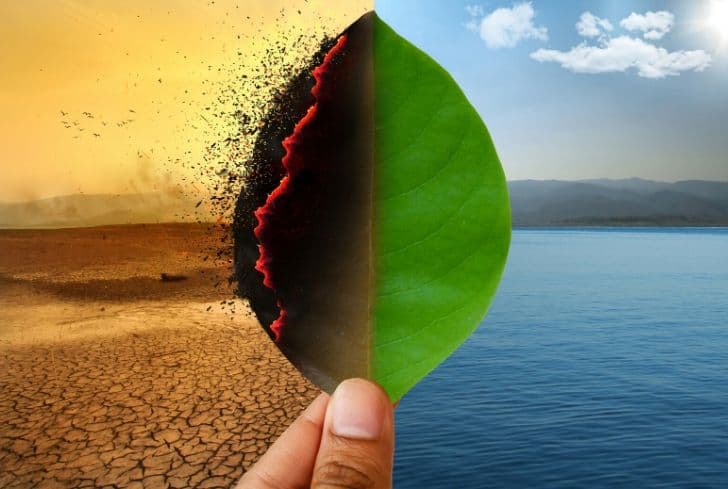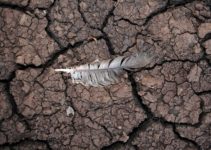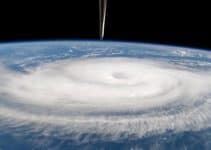The biodiversity loss driven by the climate crisis will be sudden and swift and could start before 2030, study Warns.
A new study published in Nature Wednesday, which aimed to determine the ways, a variety of species and ecosystems would respond to increasing temperatures during the 21st century, warned.
“We found that climate change risks to biodiversity don’t increase gradually. Instead, as the climate warms, within a certain area most species will be able to cope for a while, before crossing a temperature threshold, when a large proportion of the species will suddenly face conditions they’ve never experienced before,” lead author Dr. Alex Pigot of University College London’s Centre for Biodiversity & Environment Research said in a press release. “It’s not a slippery slope, but a series of cliff edges, hitting different areas at different times.”
The researchers divided the globe into 100 by 100-kilometer grids of approximately 62 miles and studied the ranges of 30,652 species along with climate models from 1850 to 2005. Using models, they want to determine when the species in each grid would experience temperatures beyond their historical ranges for five years or more. Many species in an ecosystem would cross that temperature threshold at the same time, the results showed. Globally 73 percent of species facing temperature shocks would do so in the same decade.
Jennifer Sunday, a McGill University biologist who was not involved with the study, told InsideClimate News that new insight into the timeline for climate-driven biodiversity loss was allowed by the study.
“We did not know about the time-course of events. We have lots of models that compare species ranges today to those at a future date, but we did not know when most of the changes were going to happen,” she said. “The research also makes it clear that global warming’s impacts on ecosystems could arrive very suddenly.”
The appearance and the level of devastation of those impacts will be entirely dependent on how fast greenhouse gas emissions are lowered to reduce global warming.
As per the study, in a high-emissions scenario of more than four degrees Celsius of warming by 2100, at least 15 percent of ecosystems would bear an incident in which 20 percent and even more of their key species hit their temperature limits in the same decade. This could happen before 2030 in tropical oceans and by 2050 in the far North and tropical forests.
However, if, as per the Paris agreement goals, emissions are kept below 2 degrees Celsius, less than two percent of ecosystems will suffer such an event.
Dr. Pigot said the coronavirus experience provided a model of how fast action now could avert catastrophe later.
“Our findings highlight the urgent need for climate change mitigation, by immediately and drastically reducing emissions, which could help save thousands of species from extinction. Keeping global warming below 2°C effectively ‘flattens the curve’ of how this risk to biodiversity will accumulate over the century, providing more time for species and ecosystems to adapt to the changing climate – whether that’s by finding new habitats, changing their behavior, or with the help of human-led conservation efforts,” he said in the press release.
Conservation groups also endorsed Pigot’s message.
“There is already more than enough evidence that climate change is impacting the natural world and that we risk losing up to a million species. We know what the solutions are to halt climate change and biodiversity loss,” Mark Wright, director of science at WWF-UK, told The Guardian. “The world is currently rightly focused on tackling the global health emergency. However, this new research reinforces that, after we are through this extremely difficult time, we will need renewed ambitious action to address the climate and nature crisis.”






